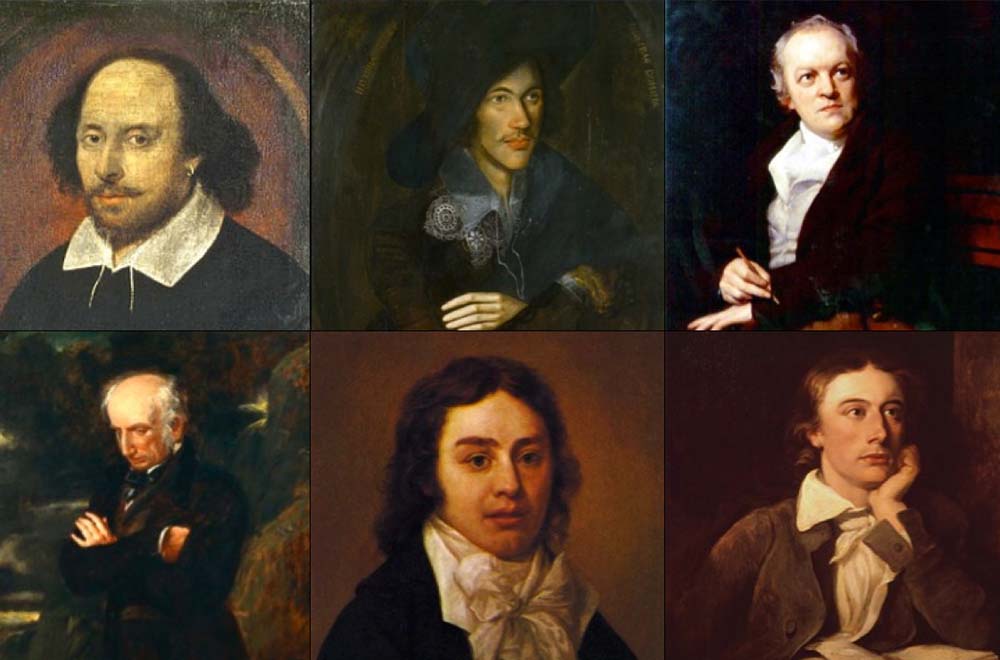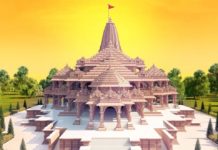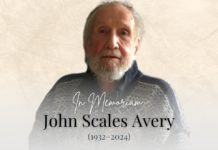Download (PDF, 1.54MB)
INTRODUCTION
Human history as cultural history
We need to reform our teaching of history so that the emphasis will be placed on the gradual growth of human culture and knowledge, a growth to which all nations and ethnic groups have contributed.
This book is part of a series on cultural history. Here is a list of the other books in the series that have, until now, been completed:
The pdf files of these books may be freely downloaded and circulated from here and here.
The roots of poetry in oral traditions
Because writing, paper and literacy have not always been widely available, information has traditionally been passed on from one generation to the next by means of recitation and song. Rhythm, rhyme and alliteration are aids to memory, and increase the impact and appeal of a recitation or song. Histories, law and religions have all been been propagated through oral traditions, and in many cultures, these traditions still live today.
Biblical scholars agree that the Judeo-Christian Bible has its roots in oral recitation of stories and songs and poetry. Likewise, Buddhism, Hinduism and Jainism in their early stages made use of oral recitation. In Islam, memorizing many verses of the Quran, and reciting them is considered to be a great virtue.
The native populations of Australia and North America had no writing, and they relied on oral recitations to propagate their cultural traditions of history, law and ethics between generations.
Historians also agree that the Homeric epics were recited orally for many years before being written down. In ancient Greece, drama was used to convey ethics to the public, and attendance at dramatic performances was a civic duty.
In Europe, during the Middle Ages, a troubadour was a composer and performer of lyric poetry. The earliest troubadour whose work still survives was William IX, Duke of Aquitaine (1071-1127).
In all these very old oral traditions we can see the roots of poetry..
An anthology including some of the world’s great poets
In this book, I have tried to present an historical anthology of the poems of some of the world’s great poets, from very early times until the present, and from many countries and cultures. I have made use of two chapters that I have previously written about William Blake and Percy Bysshe Shelley, and therefore their lives are described in more detail than the lives of other poets.
I very much hope that you will enjoy reading this historical and multicultural anthology.
Read the entire book above or download it here.
We thank John Scales Avery, a renowned intellectual, EACPE board member, and theoretical chemist at the University of Copenhagen, for giving us permission to reproduce his latest book for EACPE.









